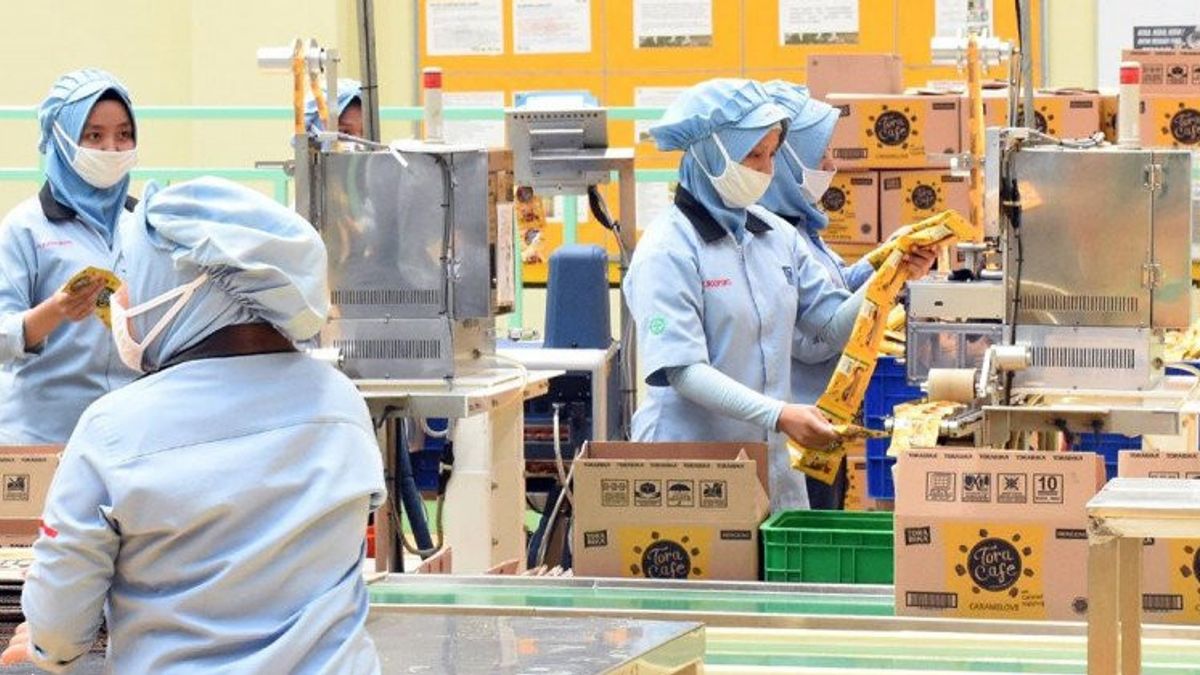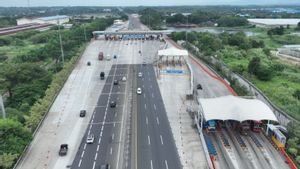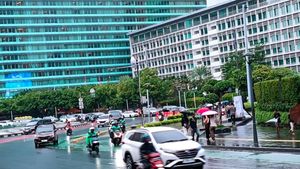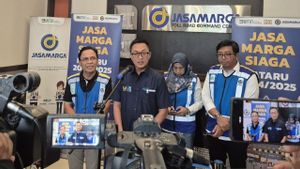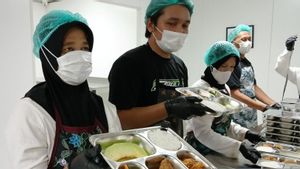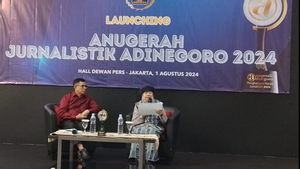JAKARTA - The Indonesian Aromatic and Plastic Olefin Industry Association (Inaplas) stated that the impact of the Emergency Community Activity Restriction (PPKM) could reduce production capacity by 50 to 60 percent, as at the beginning of the outbreak of the COVID-19 pandemic in Indonesia in early 2020.
Inaplas Director Edi Rivai said the decline in plastic production capacity would harm many business sectors. Because, the use of plastic is very close to daily needs.
"We hope that this will not happen again in the future, if it is extended the impact will be the same as for other industries. It is possible that the utilization will decrease to 50 to 60 percent," he said in a virtual press conference, Wednesday, July 21.
To maintain business in the midst of a difficult situation like today, Edi said the plastics industry needs some subsidies. These include subsidies for electricity and gas costs for industry.
Furthermore, Edi said that assistance was urgently needed because these two components are the highest production costs in this industry. However, Edi ensured that until now there had been no layoffs (PHK) for his employees.
"We also hope for electricity and gas subsidies because all production must be heated," he explained.
Edi also asked the local government not to conduct raids on home factories that produce plastic, including shops selling them during Emergency PPKM. In fact, industry is one of the essential sectors that are allowed to operate with special criteria.
"Local governments still like to conduct raids on small factories so that the supply chain is disrupted. Even if someone is exposed to COVID-19, one factory is closed, even though there is already a task force," he said.
The English, Chinese, Japanese, Arabic, and French versions are automatically generated by the AI. So there may still be inaccuracies in translating, please always see Indonesian as our main language. (system supported by DigitalSiber.id)
